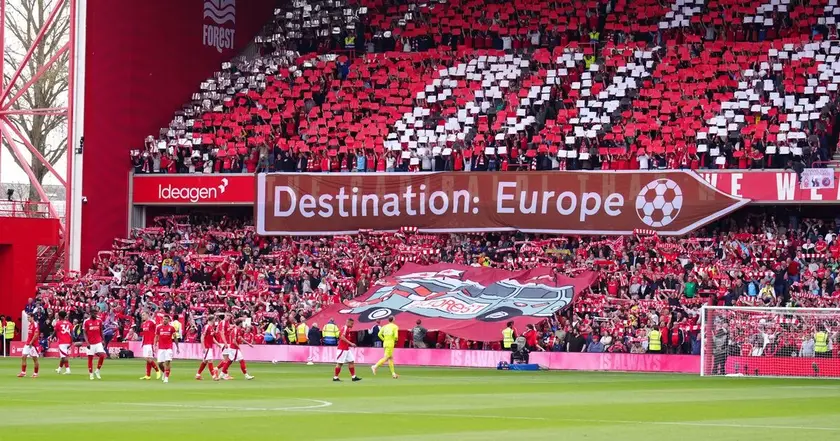T4K3.news
Palace loses CAS appeal stays in Conference League
CAS confirms Crystal Palace will compete in the Conference League following a ruling on multi club ownership.
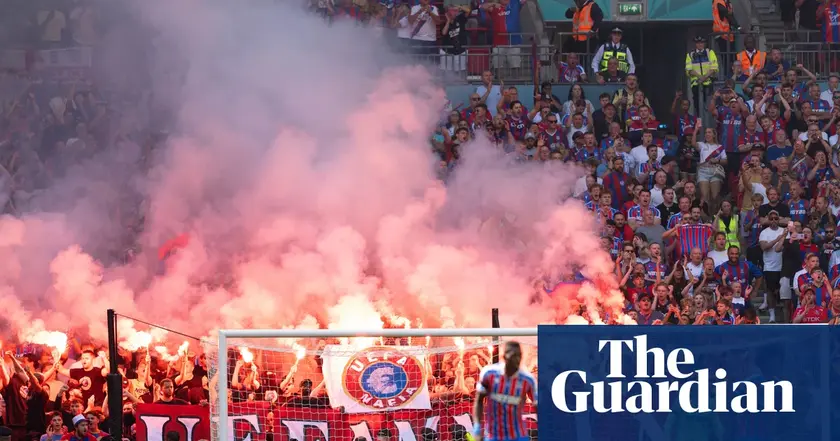
Crystal Palace loses its appeal at the Court of Arbitration for Sport and will compete in the Conference League after a ruling over multi club ownership.
Palace loses CAS appeal stays in Conference League
Crystal Palace has lost its appeal at the Court of Arbitration for Sport against UEFAs punishment for breaches of multi club ownership rules. The CAS panel concluded that John Textor, a shareholder in Palace and Lyon, held decisive influence over both clubs at UEFAs assessment date, and that the club could not rely on a flexible interpretation of the regulations. Palace argued that Textor never controlled the board and that the rules were applied unevenly, but the panel dismissed these claims.
As a result Palace remains demoted to the Conference League. Nottingham Forest, who finished seventh in the Premier League, are expected to move into the Europa League. Palace will face a Conference League playoff against the losers of a Europa League qualifier between Norway s Fredrikstad and Denmark s Midtjylland, with the first leg at Selhurst Park on 21 August. Palace estimated the potential cost of missing out on the Europa League could reach up to 20 million pounds, and the club is weighing a claim for compensation from UEFA. The club's chairman Steve Parish signaled there is a possibility of further steps if the decision stands.
Key Takeaways
"John Textor had shares in CPFC and OL and was a Board member with decisive influence over both clubs at UEFAs assessment date."
CAS finding on ownership influence
"Ownership rules are supposed to protect the game not complicate it."
editorial view on governance
"Fans deserve clear answers about who runs their clubs."
fan sentiment
"Nottingham Forest and Olympiakos were cited as comparators in the case."
case details
This ruling underscores how ownership questions are still a live battleground in European football. It reinforces UEFAs stance that non compliant ownership structures cannot be tolerated, and it shows CAS is unwilling to grant clubs extensive leeway on the timing of their compliance. The decision also highlights the ongoing tension between ambitious investors and mandates for governance clarity, raising questions about who ultimately sets the direction of a club when owners sit across borders.
For fans and smaller clubs, the case signals both risk and risk management. Sanctions carry financial consequences, potential swings in European competition, and the reputational costs of non compliance. The broader implication is a push for tighter rules or clearer enforcement mechanisms to prevent owners from exploiting loopholes while still pursuing cross club investments.
Highlights
- Football rules are tested when money meets governance
- Fans deserve clarity over who runs their clubs
- Transparency is the backbone of trust in football
- The price of staying clean may be high for ambitious clubs
Ownership and governance risk
The ruling spotlights ongoing concerns about multi club ownership and compliance in European football. It carries financial and reputational consequences for Palace and its investors.
The coming season will test how ownership rules hold up when money and ambition collide with governance
Enjoyed this? Let your friends know!
Related News

Palace await CAS ruling on European fate
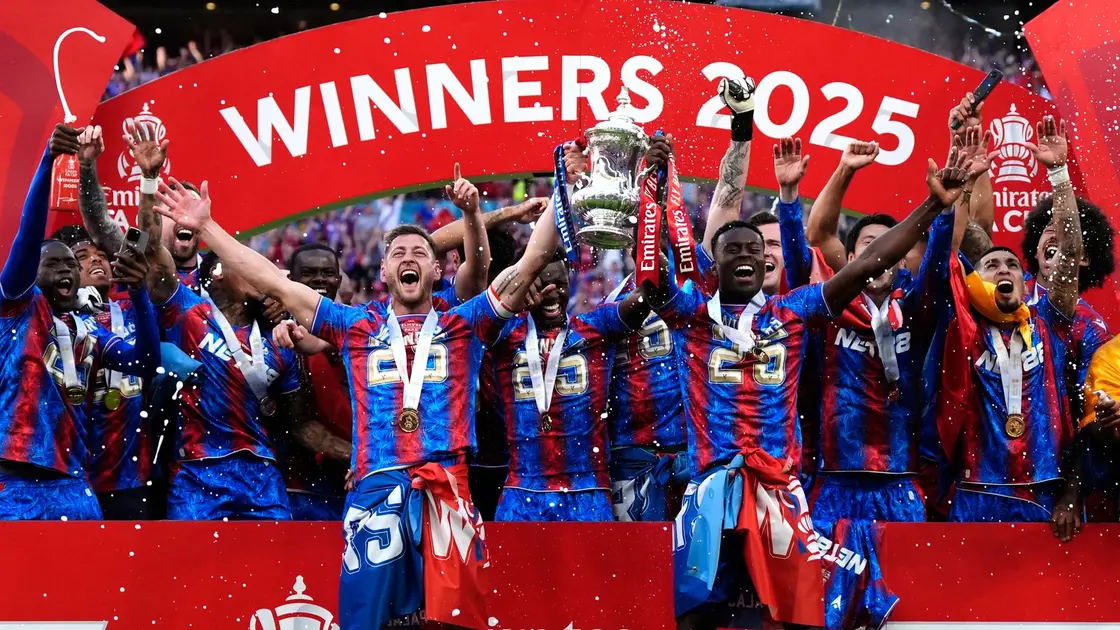
Crystal Palace fall to Conference League after CAS ruling

Palace face funding and European doubt

Palace set to sell Guéhi before window closes

Palace loses European slot after CAS ruling
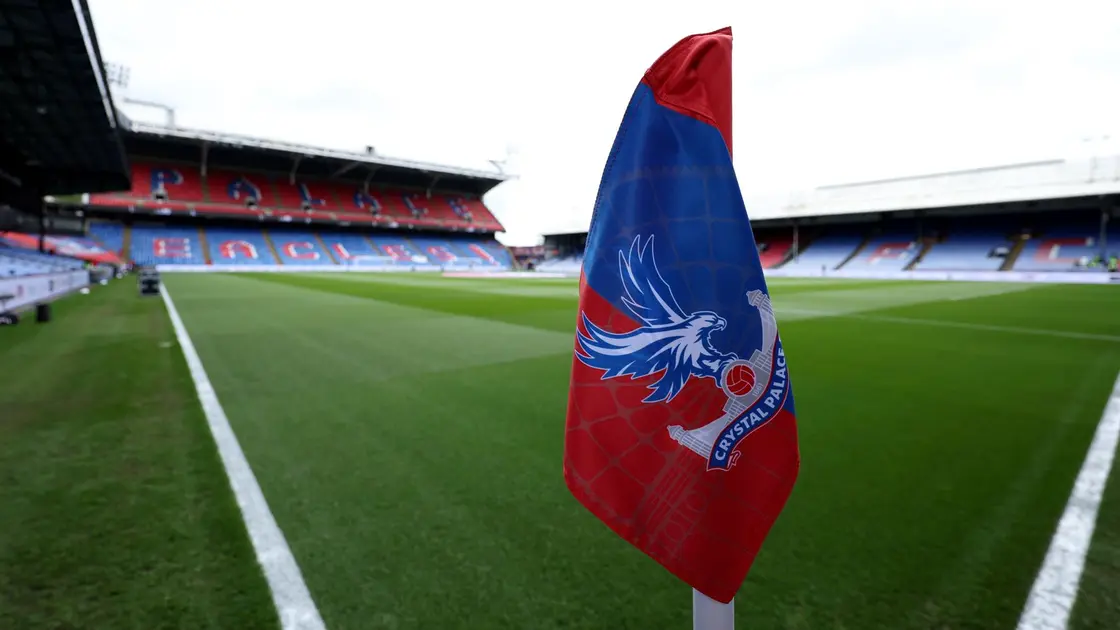
Palace demotion confirmed by CAS
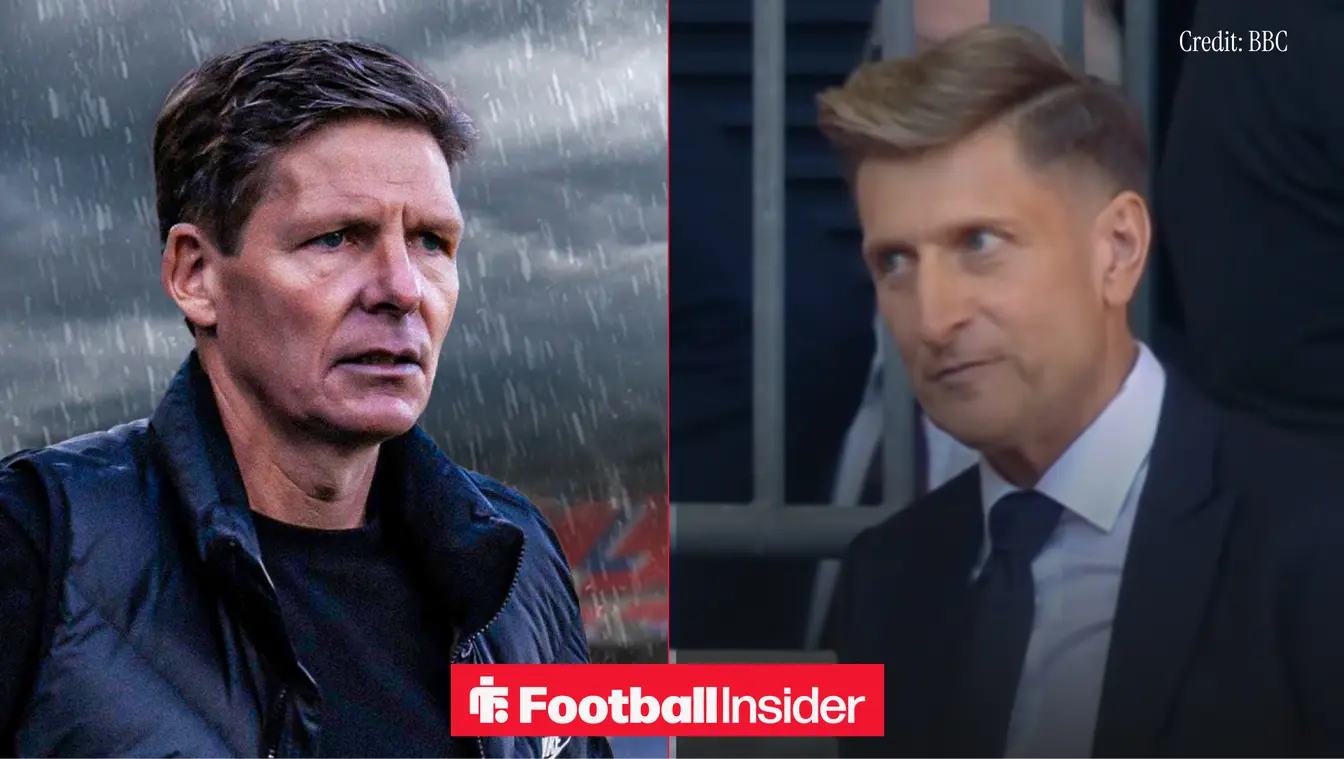
Crystal Palace appeal against UEFA rejection dismissed

Palace appeals CAS ruling on European status
